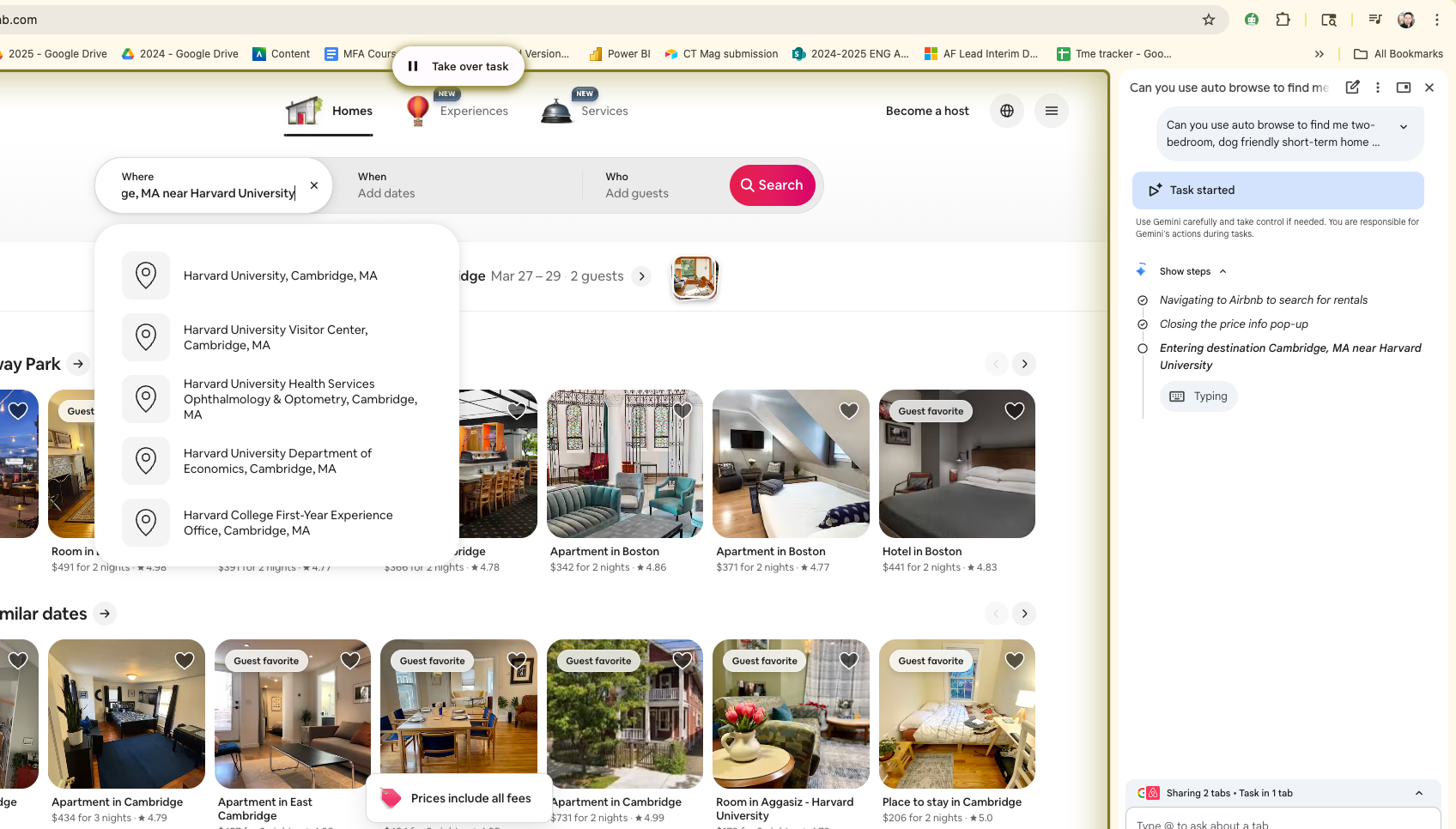Why it's important to keep track of your stats
Tools and ideas to transform education. Sign up below.
You are now subscribed
Your newsletter sign-up was successful
If you have your own blog or website, it’s worth spending some time looking at the statistics. I don’t mean simply the number of 'hits' received, which I think is pretty meaningless, or even the number of times particular articles are viewed.
More interesting to me is the number of times a particular article is viewed at a particular point in time.
In some cases, it’s obvious why a particular article should be popular, for example if it is topical. In such cases, there may be a burst of activity, followed by pretty much nothing. A case in point is my article announcing my Briefing on ICT in the Rose Review of the primary curriculum in England and Wales. This received thousands of views over a couple of months.
I can understand that; what is more difficult to comprehend is why my review of the Rate My Teacher website is still receiving hundreds of views a month despite having been written nearly four years ago.
I think this illustrates a number of things:
Firstly, you cannot judge how potentially influential an article is by the number of comments it receives. I don’t know if the responses to my articles are high, low or average. (I’ve previously noted the existence of the 1% rule, which states that only around 1% of any community is active in any sense, generally speaking: most people simply do not comment on articles.) However, the fact that some articles are still being viewed despite being years old suggests that quite a few people have read and are reading them, and one would presume, thinking about them.
Secondly, it’s important to keep old articles available. I’ve been looking at redesigning my website, and a couple of people have told me that if I have a new design then all the current content should be moved accordingly. The trouble is, all those people with bookmarked links to articles in their current location will be inconvenienced, and I’m not sure whether Google would re-index them efficiently (that’s not an implied criticism of Google, simply an admission that I don’t know enough about such things to feel confident that the articles would still be findable). I know I can create web page redirects, but I don’t have the time to do so or the resources to pay someone else to.
Tools and ideas to transform education. Sign up below.
Thirdly, it’s important to look at your website’s statistics. I use a couple of packages provided by my web hosting company, but Google Analytics is both well-regarded and free.
By finding out how many times a particular article has been viewed, you could, if you were so inclined, endeavour to improve the popularity of your blog or website by writing similar articles in future. I have to say that that does not appeal to me, as it does not seem honest in an indefinable sort of way. I prefer to write about things I care about, not what I think is going to make me more popular. In any case, other factors come into play, such as topicality (as already mentioned) and whether or not you happen to have caught the zeitgeist.
More interesting, to me anyway, is to chart the popularity or otherwise of a particular post over time, and to try to imagine why. I also think it’s interesting to see what people were reading on my website at any one time, so I have compiled a top ten articles list for each month from January to July 2009.
Fourthly, the viewing statistics highlight the importance of having guest writers. The feedback I receive is that a lot of people very much like my writing style. Nevertheless, it’s always good to have a different perspective, different expertise, or simply a different 'voice'. That’s why I always call for contributors to Computers in Classrooms, and am always open to approaches for features both there and on my website. If you think about it, this is exactly why the Technology & Learning blog section is such a good read.
The truth of this is suggested by the fact that in each of my monthly top ten lists, at least one of the articles was written by, or features, somebody else.
So, with no further ado, here are the ten most-viewed articles on my website in January 2009. I'd be interested to hear what people are reading on your website.
Three microblogging services for use in schools
Ten things to do when someone follows you in Twitter
Digital Storytelling: A Practical Classroom Management Strategy
What are your kids learning while you're not looking?
Review of the first day of BETT 2009
Eight reasons not to have a blogroll
